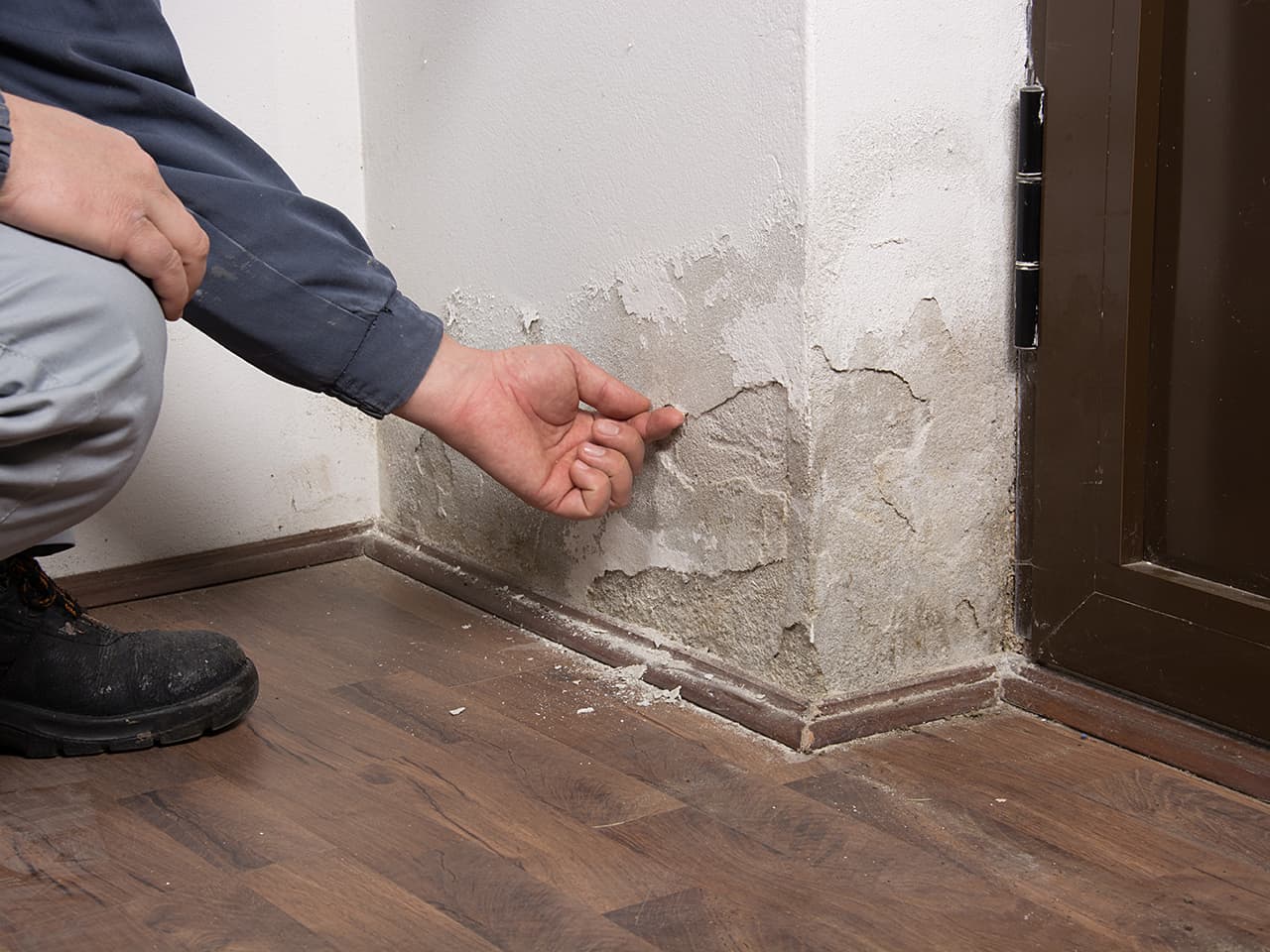Whether you live in a rented property or are a homeowner, you should know about the different types of compensation claims pertaining to damp and mould. These claims are important to make if you or a family member has been harmed by the presence of damp or mould. There are several things to consider when filing these claims, including the causes of the damp and mould. You should also make sure that you are seeking medical attention for any illness or injury. You may also hire a housing disrepair solicitor to claim compensation for dampness and mould.
Table of Contents
Penetrating damp
Having penetrating damp and mould in your property can be a problem. It can affect the fabric of your home and your health, and the problems can get worse after heavy rain. If you are having problems with your home, you may be able to claim compensation.
You can find out if you are eligible for a penetrating damp compensation claim by contacting a solicitor. They will be able to assess the problem and make a strong case for you.
Penetrating damp is caused by structural problems in the building. It can result in damage to the fabric of your home, such as rotted woodwork and plaster. In addition, it can create health problems, including an allergic reaction.
Condensation
Whether you have suffered from damp and mould in your rental property or not, you may be able to make a compensation claim. These claims are normally made on the basis of general damages and special damages. The special damages compensate you for your out of pocket expenses while the general damages pay for your suffering.
There are many different reasons why your property may have mould or damp problems. The most common reason is condensation. Condensation happens when there is a lot of moisture in the air. This moisture forms tiny droplets that form on cold surfaces such as windows. You can often solve this problem by ensuring that you open your windows, or better yet, using an extractor fan.
Evidence of landlord’s negligence
Several types of evidence can be used to establish a landlord’s negligence in damp and mould compensation claims. Keeping accurate records is important. In particular, tenants should document any issues they have with damp or mould. This includes providing evidence of the location of any problems, and when the issues occurred.
For example, if a tenant notices a mould or damp problem in their property, it is a good idea to photograph it and document where the damage is located. You may also want to consider contacting your local authority for help in getting the problem resolved. They may be able to issue a notice demanding repairs be made, or may even be able to evict you.
The Judicial College’s Guideline on payout amounts can help you estimate damages quickly. If the landlord fails to deal with the problem, you may be able to use this evidence to establish their negligence in damp and mould compensation claims.
Seek medical attention for your illness or injury
Whether you’re a renter or landlord, the presence of damp can be a dangerous brew. It can damage your belongings and cause respiratory ailments like sinus infections and laryngitis. If you think you might be a victim of a damp affliction, contact a compensation expert to see what you’re in for.
If you’ve seen the latest movie about a guy whose apartment was sprayed with toxic mold, you might be forgiven for assuming it’s only a fiction. But the fact is that you can’t help but be stung by a bout with mould. The good news is that you can make a damp and mould compensation claim if you were harmed due to a landlord’s negligence.
The best way to go about proving your case is to take a look at your medical records. If you’re able to produce a report from an independent medical expert, that’s even better.
Also Visit: Two-year-old Awaab Ishak died from mould exposure
Common causes of damp in rented properties
Among the common causes of damp in rented properties are poor ventilation, condensation and poor insulation. These problems should be addressed as soon as possible to prevent health problems and mould growth.
If you suspect that your rented home has damp, you should notify your landlord as soon as possible. They should then carry out a damp survey to determine the cause of the problem.
If your landlord refuses to take action, you may want to take legal action. The Landlord and Tenant Act 1985 allows you to take action against a landlord for failing to maintain their property.
The Homes (Fitness for Human Habitation) Act 2018 states that landlords must fix structural damp issues as soon as possible. They should also replace damaged woodwork and plaster.
Housing Disrepair Claims
When you live in a property which is in disrepair, it is possible to claim compensation from the landlord. The amount you can claim will depend on the nature of the disrepair and how long it has lasted. If the housing is a shared property, the landlord can be held responsible for ensuring repairs are carried out.
Housing disrepair is when a rented property is in a poor condition and cannot meet a reasonable standard of living. This can occur for a variety of reasons, some of which are more serious than others. If you are living in an uninhabitable property, contact a housing disrepair solicitor to find out what you can do to get compensated.
In most cases, landlords do their best to keep their properties in good condition. However, in some instances, landlords fail to do so and tenants are entitled to make a claim. For example, if a tenant has to visit a doctor because of health conditions caused by the unsuitable condition of the property, they can sue their landlords for damages.
During the claims process, the tenant should provide all the information necessary to support their case. In most cases, they will be awarded compensation for the damages caused by the landlord. The landlord should be held accountable for carrying out the repairs, and they should pay the tenant’s legal fees and expenses.











